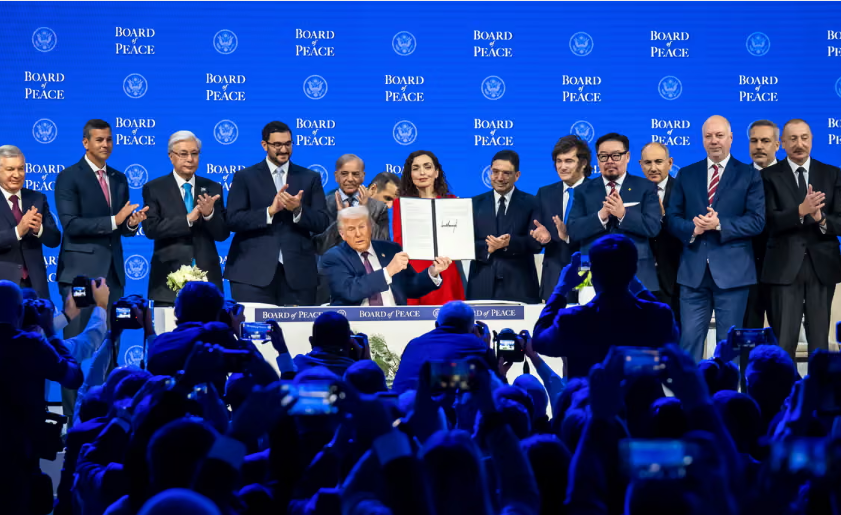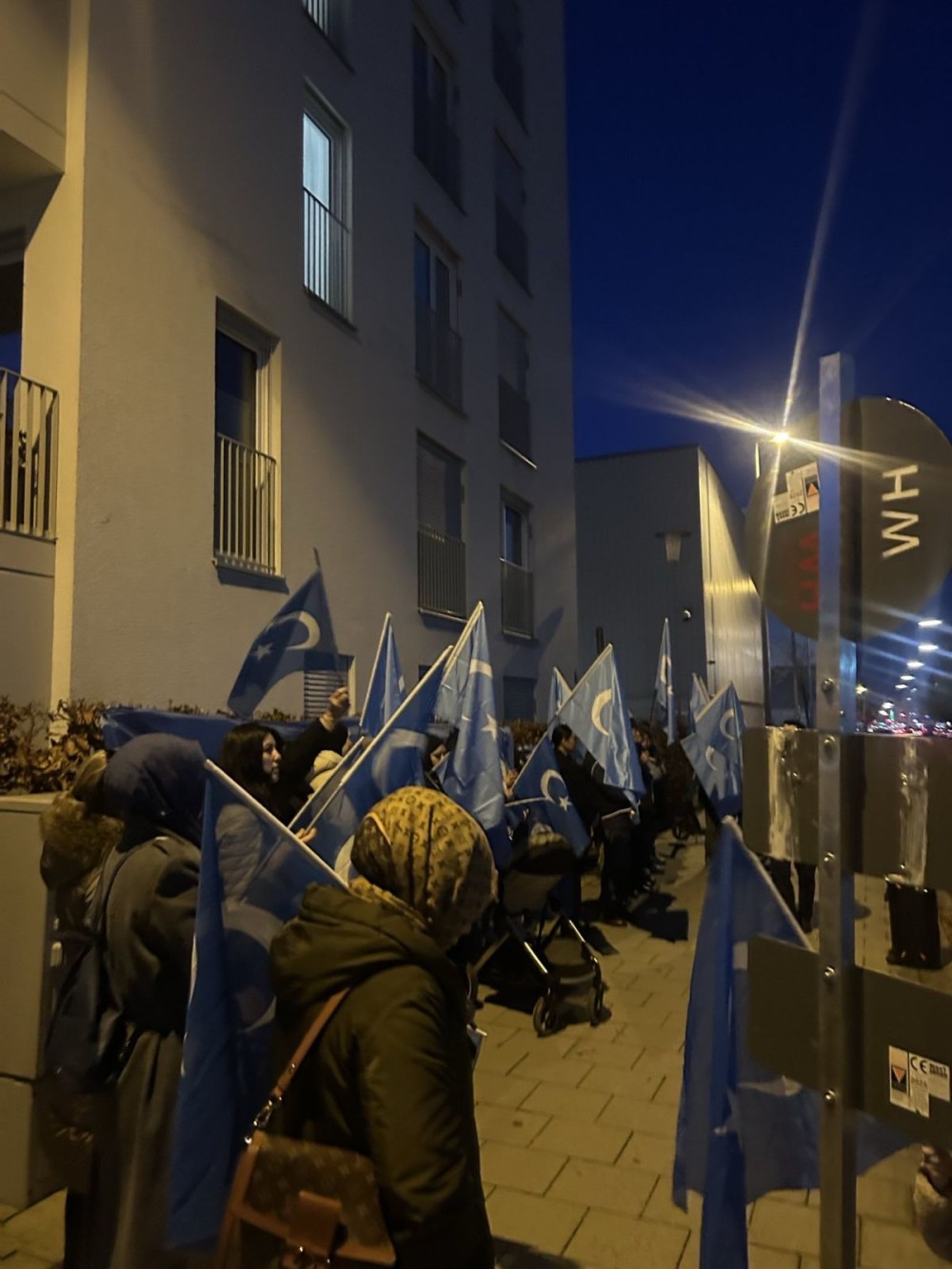Report reveals CCP violations of human rights in 2024
A prominent Chinese economist disappeared after privately criticizing the People’s Republic of China’s (PRC) weakening economy, The Wall Street Journal newspaper reported in September 2024.
In mid-December, a Tibetan village chief died three days after his release from prison on charges of “endangering state security.” His crime, according to the Central Tibetan Administration, was championing preservation of the Tibetan language.
The Chinese Communist Party (CCP) broadened its campaign to suppress freedom and human rights throughout the past year, the New York-based advocacy and research group Human Rights Watch said in its World Report 2025.
“From freedom of expression to religious freedoms, the Chinese government has kept a chokehold over the country throughout 2024,” Maya Wang, the organization’s associate China director, stated. “The Chinese government has further tightened abusive laws and imprisoned critics and rights defenders, while making it increasingly difficult to report on government abuses throughout the country.”
The international community continues to condemn Beijing’s disregard for human rights. Nations have strengthened sanctions and legislation, such as the United States’ Uyghur Forced Labor Prevention Act. Meanwhile, rights advocates are working to expose CCP abuses and encourage like-minded nations to stand against the mistreatment.
Previously tolerated topics are increasingly criminalized across the PRC, Human Rights Watch reported. The CCP has censored economic analysis and stopped releasing data such as its growing youth unemployment rate.
Authorities in the PRC routinely harass and arrest leaders of religious groups deemed illegal, including congregations that refuse to join CCP-approved churches, according to the rights group. One such “house church” leader was accused of inciting subversion and sentenced in 2024 to five years in prison.
Since CCP General Secretary Xi Jinping called for Sinicizing religions in 2016, “authorities have sought to reshape religions to promote allegiance to the party and to Xi,” the report stated.
Tibetans face arbitrary detention for posting unfavorable online comments or contacting Tibetans outside the PRC, according to media reports. As the CCP tries to suppress Tibet’s culture, officials have closed schools that taught the native language and heritage, and detained educators and religious leaders who resisted, rights advocates said. Hundreds of Tibetan monks and villagers also were detained in 2024 for peacefully protesting construction of a hydroelectric dam that will submerge monasteries and villages.
The PRC continues to dismiss international demands to cease abuses of Uyghurs and other Turkic Muslims in the Xinjiang region. Among the crimes against humanity documented by rights groups, researchers and internal CCP documents: mass arbitrary detention, torture, mass surveillance, forced labor, cultural and religious persecution, and family separation.
In September 2024, Australia, Canada, Denmark, Finland, Iceland, Lithuania, Norway, Sweden, the United Kingdom and the U.S. renewed calls for the PRC to release unjustly imprisoned people in Xinjiang, clarify the fate of missing people and engage with United Nations rights advocates to address abuses.
Increasingly draconian laws in Hong Kong led to activists and protesters being imprisoned for commemorating the CCP’s 1989 Tiananmen Square massacre, drawing pro-democracy graffiti, wearing a “Liberate Hong Kong” T-shirt and other acts the party deems seditious. Journalists also faced prison sentences for publishing uncensored news. The U.N. human rights chief called the legislation “a regressive step.”
Human Rights Watch urged the CCP to immediately release wrongfully imprisoned Uyghurs and other ethnic minorities, free human rights defenders, revoke Hong Kong’s so-called national security laws, and allow independent observers access to Tibet and Xinjiang.













